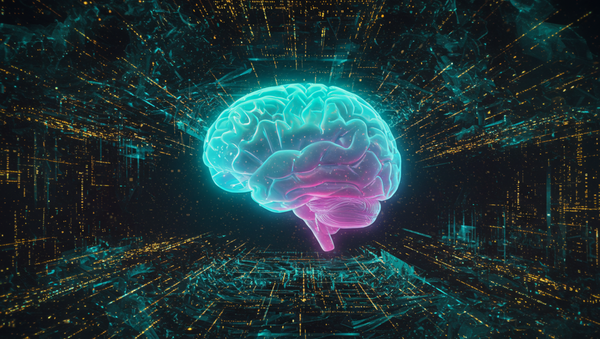"They're Not Very Far Behind": Anthropic Scientist's Surprising Assessment of Chinese AI

"If anything I expected it probably sooner than 2030, probably more like in the next two to three years," stated Anthropic co-founder and chief scientist Jared Kaplan, discussing the accelerated timeline to human-level artificial intelligence. But equally revealing was his candid assessment of Chinese AI competitors: companies like DeepSeek are "not very far behind" American firms, contradicting widespread beliefs about a significant technological gap.
End of Miles reports that while many Western observers expressed surprise when DeepSeek unveiled its advanced R1 model in January 2025, Kaplan and his colleagues at Anthropic had been monitoring this progression for some time.
The narrowing algorithmic gap
"I had been following DeepSeek's progress for at least sort of a year, year and a half because they've been writing papers and improving their models, so it wasn't actually very surprising to me or to Anthropic," explained the AI scientist. This internal assessment stands in stark contrast to prevailing narratives that position Chinese AI development as substantially lagging behind American capabilities.
"It was interesting to see the reaction sort of globally of 'wow, China has this great model' and there are people that I talked to in the US who have thought historically maybe China's many years behind. Seeing DeepSeek's progress in the papers they were writing, I kind of thought well, they're like—I don't know—maybe they're six months behind, but they're not very far behind." Jared Kaplan, Anthropic co-founder and chief scientist
Algorithmic competition versus computational constraints
The computational researcher drew a critical distinction between algorithmic capabilities and access to computing resources. According to Kaplan, DeepSeek and other Chinese AI firms have demonstrated comparable algorithmic sophistication to their Western counterparts.
"There's no reason why they can't be very competitive algorithmically," the Anthropic scientist stated, pointing to fundamental research breakthroughs that are happening rapidly across the global AI landscape. "When you see really rapid progress in science, it's not because the scientists suddenly got much smarter... it's because people have found an area where there's just a lot of very low-hanging fruit."
Export controls as the primary differentiator
Rather than inherent technological or research capability gaps, the Anthropic co-founder identified export controls on advanced computing hardware as the principal constraint on Chinese AI development going forward.
"My expectation, though I don't know for sure, is that going forward, I think that there are these sort of export controls that are in place that I think mean that Western firms will probably have an advantage in terms of the amount of compute available, and I think that will probably make it more difficult for DeepSeek and others to be competitive." Kaplan
The AI researcher's assessment carries significant implications for strategic competition and regulatory frameworks. With algorithmic development proceeding at comparable rates across borders, the primary differentiator becomes access to computational infrastructure—specifically advanced semiconductor technologies like those produced by NVIDIA and AMD.
This reality underscores why Anthropic's leadership, including co-founder Dario Amodei, has increasingly emphasized the importance of chip export controls as a critical component of maintaining Western technological advantage, despite their previous focus on safety-centric approaches to AI development.





